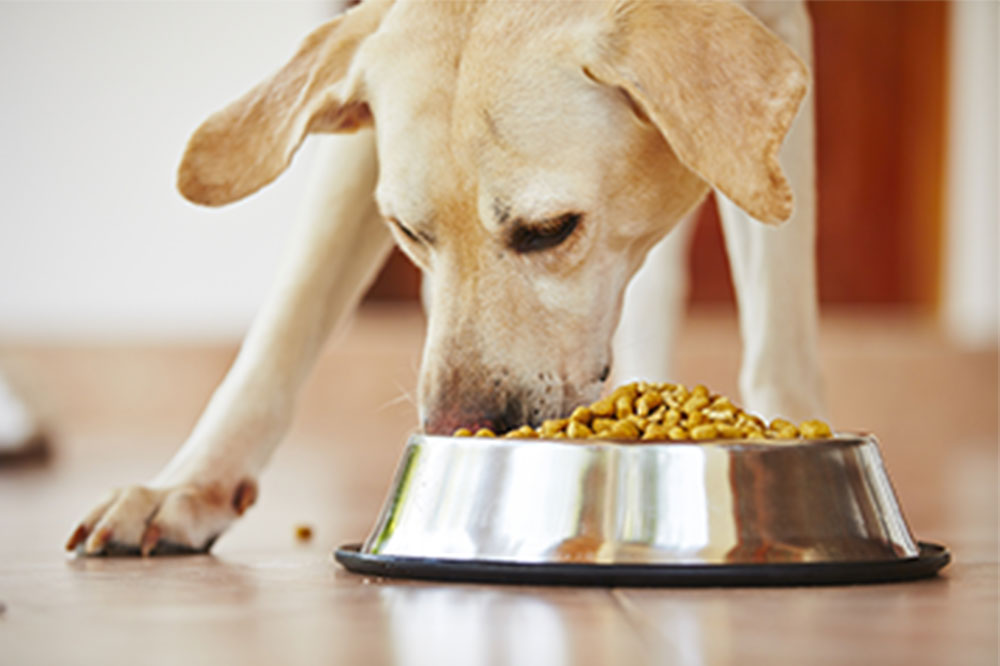Key Factors in Choosing the Ideal Dog Food
Discover essential tips for choosing the best dog food tailored to your pet’s unique needs. From understanding ingredient labels to consulting your vet, this guide helps ensure your dog’s optimal health and nutrition with easy-to-follow advice. Learn how to select foods suitable for different breeds, ages, and activity levels, making the process less overwhelming and more effective in fostering your dog’s wellbeing.
Sponsored

Key factors to consider when selecting the perfect dog food
Before purchasing any dog food, it’s essential to understand your pet’s specific dietary needs. The quality of nutrients in their diet directly influences their health and growth. Should you opt for dry or wet food? High-fiber or protein-enriched? Meat-based or plant-based? Raw or cooked? Packaged or fresh? All these questions are critical and addressed herein.
Consider your dog’s unique profile Selecting the right food can be overwhelming, costly, and complex. While dogs share basic nutritional needs, individual differences mean one size does not fit all.
Dogs vary based on age, health status, and breed, influencing their nutritional requirements. Larger breeds typically need more calories and specific nutrients compared to smaller ones. Special dietary needs may exist for dogs or puppies with allergies or health concerns. Additionally, your dog’s activity level and weight affect dietary choices; an energetic husky requires different nutrients than a relaxed chihuahua. Meal frequency, treats, and supplements should be tailored accordingly. Sometimes, special prescription diets are necessary for allergies or health conditions.
Scrutinize the ingredients Always review the product’s ingredient list. Although it doesn’t specify quantities or quality, it helps identify if your dog’s specific dietary needs are met. For owners aiming for high-quality nutrition, understanding protein, carbs, and fiber sources is crucial. Dogs are primarily carnivores but thrive on a balanced mix including grains, vegetables, and fruits. Nutrient-rich dry kibble or wet food can provide essential vitamins and minerals, even if some ingredients don’t appeal to humans. Non-meat ingredients like vegetables and grains play a vital role in balanced nutrition, not just for volume.
Consult your veterinarian Your vet is the most reliable source when choosing the best diet for your canine companion. While observing your dog daily is valuable, vets bring research, experience, and professional insight. Seek their advice before finalizing your decision—they simplify the process and help ensure your pet’s nutritional wellbeing.
We understand that with all the available information, it can feel overwhelming. If your dog’s digestion is smooth, stools are firm, and their appetite remains healthy, you’re on the right track. Remember, dogs are adaptable eaters, and occasional treats like a meaty bone are fine in moderation.






